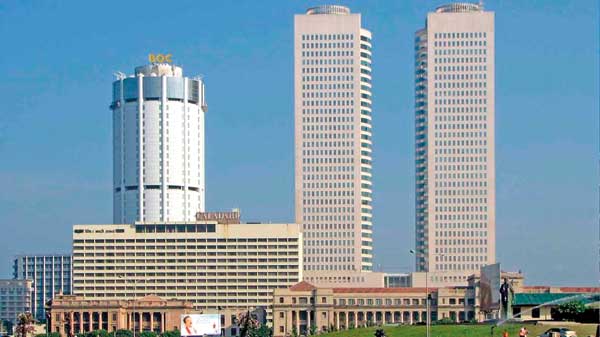
Sri Lanka’s capital market may soon enter a new phase of development with the planned establishment of a multi-asset class derivatives exchange — a move widely seen as a milestone in the country’s financial modernization.
For years, trading activity in Colombo has centred almost entirely on equities. Investors could buy or sell shares, but they lacked the tools to hedge against price swings, currency movements or interest rate changes. The proposed derivatives exchange is designed to fill that gap — introducing a new generation of financial instruments that can make the market more sophisticated, stable and internationally competitive.
What exactly are derivatives?
In simple terms, derivatives are contracts whose value is based on another asset — such as a stock, currency, commodity or market index. Instead of trading the asset itself, parties agree on a price today for a future date.
For example, a tea exporter worried about a possible fall in the rupee can use a currency futures contract to lock in a favourable exchange rate months ahead. Similarly, an airline can hedge against oil price increases, or an investor can protect a share portfolio from a potential market decline.
By allowing such risk management, derivatives act as both insurance and investment tools.
Why a multi-asset exchange matters
Unlike a traditional stock exchange that deals only in shares, a multi-asset derivatives exchange handles contracts linked to several asset classes — equities, commodities, interest rates, and currencies — under one roof.
This integrated structure offers multiple advantages:
Efficiency and transparency: All trades occur in a regulated, standardized environment, reducing counterparty risk.
Liquidity: More instruments mean more participation, more trading volume, and more depth in the market.
Investor confidence: Global funds often require hedging options before entering emerging markets. A derivatives platform signals financial maturity and can attract such investors.
Support for businesses: Exporters, importers, and manufacturers can protect themselves from unpredictable swings in prices and exchange rates.
An engine for growth
Economists view this development as a natural next step after years of financial reforms and digital modernization. As one market analyst put it, “Derivatives transform a market from a one-lane road into a multi-lane expressway — faster, safer, and capable of carrying much more traffic.”
If implemented with sound regulation, strong clearing systems, and investor education, Sri Lanka’s move into derivatives trading could reshape its financial landscape — giving local companies modern tools to manage risk, deepening the capital market, and positioning Colombo as a more sophisticated financial hub in the region.
Subscribe to our newsletter to get notification about new updates, information, etc..